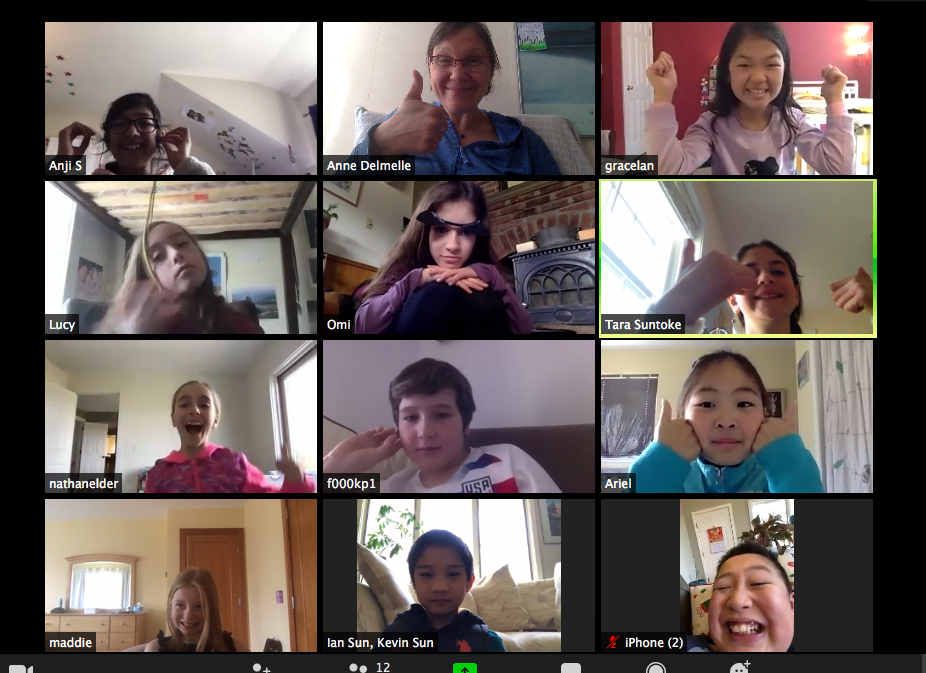
As a Core Knowledge school, our students are in a unique position to put the current pandemic in an historical perspective. When Crossroads students study ancient Greece, they learn Athens was devastated by a plague in 430 BCE that may have killed two-thirds of its population. When they study ancient Rome in third grade, they learn that smallpox contributed to the fall of the Roman Empire. In fourth grade, students study medieval Europe and learn more than half of Europe’s population perished because of the Black Death. And of course, the current pandemic is now being compared to the Spanish Flu of 1918, an event Crossroads students study in Middle School. This is not to say that our history curriculum only focuses on loss or tragic events in world history, but when people say these times are unprecedented, our students know that this is not entirely true.
Of course, Core Knowledge history lessons also provide hope and stories of perseverance. Individuals survived each of these events, cures were discovered, and vital lessons were learned. This is where our Core Knowledge and Core Virtues curricula can be empowering, too. These programs provide foundational knowledge and understanding so our students can begin to grasp the complexity of the world and to see how interconnected things are. Issues of health, for example, are closely tied to environmental, social, economic, political, and moral issues. The Crossroads faculty and staff know we need citizens and leaders who have this broader perspective and can see patterns of behavior and events, understand the causes and effects that shape our world, and then, most importantly, apply insights gained to today’s challenges so they can navigate the turbulent waters of the 21st century. Instead of feeling powerless, students can evaluate what they know and then utilize that knowledge to make better decisions.
George Santayana is credited with saying, “Those who cannot remember the past are condemned to repeat it.” While we may not be able to entirely avoid future pandemics by studying past events, we can be better prepared for such events and hold a healthier perspective to persevere through challenging times. I am confident that it is this very message of hope our students will bring into the future, one that allows them to connect important concepts with knowledge and virtue, making the world a better place.




